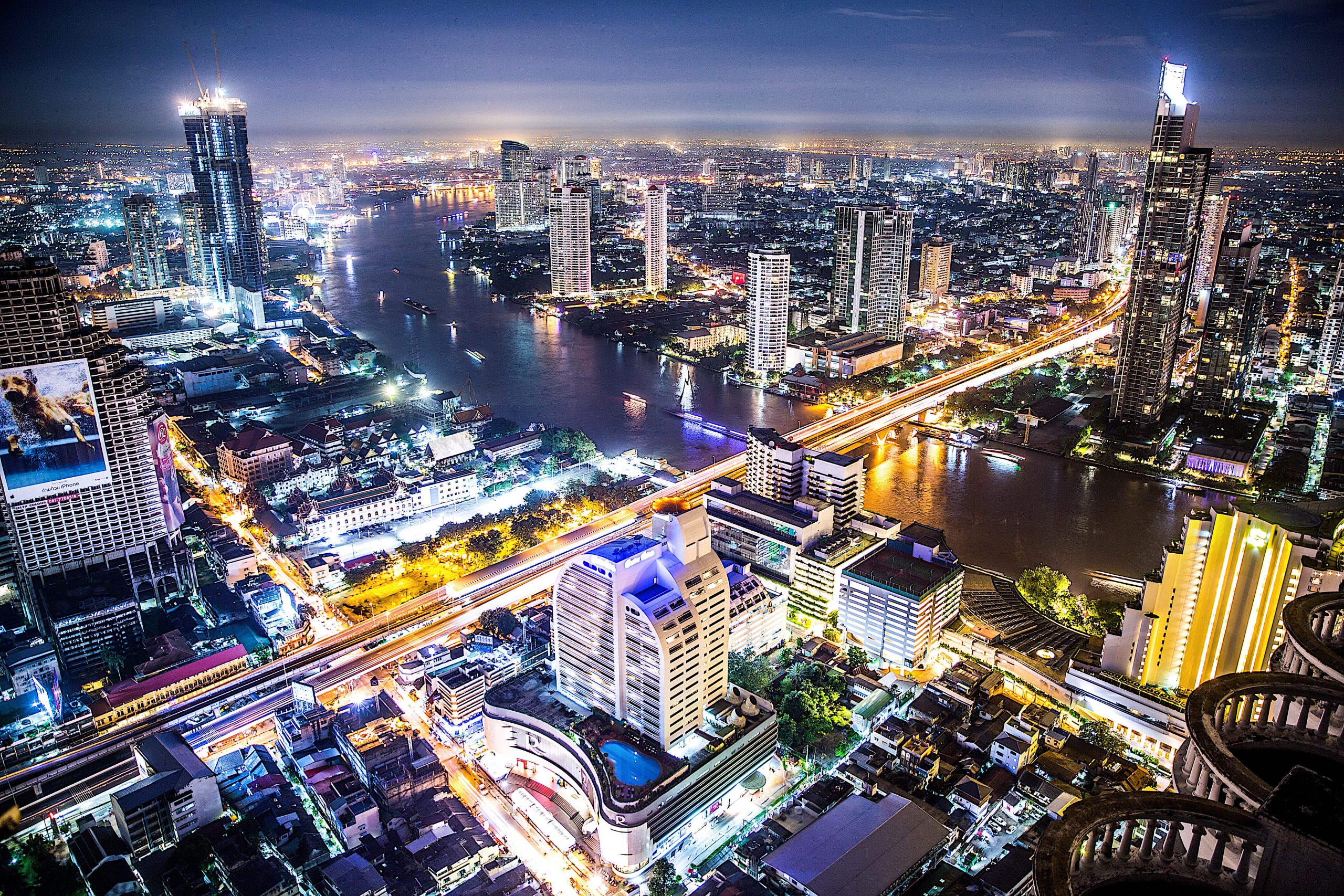The extended holiday commences on Friday (July 28), a special day that marks His Majesty the King’s birthday, and it runs uninterrupted until Wednesday (August 2), the outset of Buddhist Lent. Recently, the interim government announced Tuesday that it had slated Monday (July 31) as an additional public holiday in order to provide the Thai people with a more extended period to return to their ancestral homes.
Yuthasak Supasorn, the TAT Governor, opined that the late notification of the extra holiday would prevent Thai travellers from scheduling overseas trips, and thus, they would choose domestic travels instead. According to TAT’s estimations, about 4.96 million local trips will be made during the extended break. Additionally, it’s predicted that hotels will benefit from an average occupancy rate of 63%.
Supasorn also posited that hotels in the eastern region could experience up to 68% occupancy. In contrast, provinces in the central and northeastern areas will likely receive the highest number of visitors. On the other hand, the southern region could have a reduced number of visitors considering that several maritime national parks remain closed during the monsoon for safety precautions and ecological rehabilitation.
The senses of optimism over the long weekend’s economic impact were further reinforced by the Thai Chamber of Commerce. The chamber predicts that between 5 and 7 billion baht will exchange hands during this extended holiday season.
Sanan Angubolkul, the chamber’s chairman, opined that the extra public holiday on Monday would widely benefit the country, although it might also translate to additional expenses for businesses necessitating overtime for their staff. Still, Angubolkul expressed confidence that these costs won’t have significant impacts on the affected businesses while urging the government to declare such decisions earlier to afford businesses sufficient planning time.


















Be First to Comment